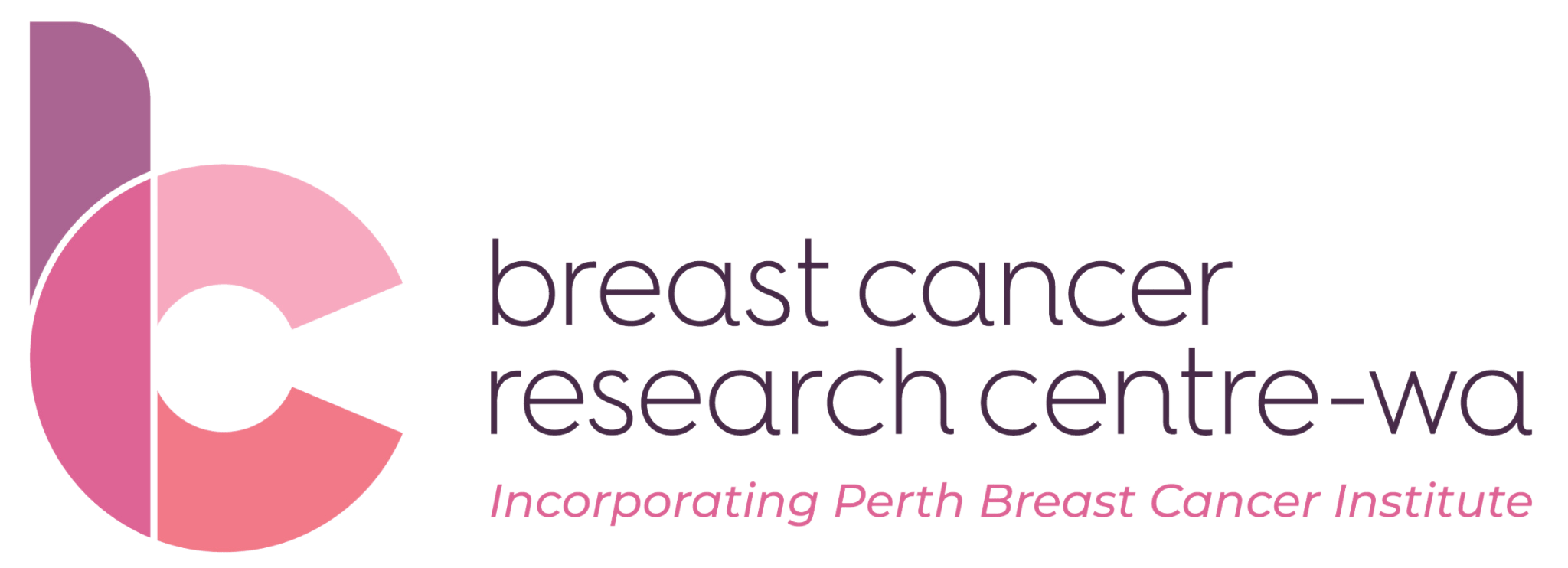What is Young?
The world of breast cancer refers to premenopausal women as “young” because some treatment options can be different according to menopausal status.
In 2018, there were 923 new cases of breast cancer diagnosed in women aged 20–39. In 2022, it is estimated that 1,006 new cases of breast cancer will be diagnosed in women aged 20–39 (Cancer Australia, September 2022).
When breast cancer develops in younger women it is often more unexpected. Treatments like chemotherapy, radiotherapy and endocrine therapy are often used.
Younger women mostly have different things to think about during and after their breast cancer treatments.
Younger women are more often concerned about:
- How treatment will affect their fertility, and will I go through menopause?
- Will I be able to work during treatment?
- How will my treatment affect my children?
- Will my prognosis be worse because I am young?
Fertility
For young women who have not had a family or have not yet finished having a family, then fertility is a discussion needed before starting chemotherapy. You can be referred to Fertility clinics in Perth to discuss Fertility-related choices.
The Prevention of Early Menopause Study (POEMS) published in the New England Journal of Medicine which showed a significant benefit of ovarian preservation with the use of goserelin during chemotherapy. It reduced the risk of early menopause and improved the possibility of fertility. Pregnancy after breast cancer is not necessarily unadvisable.
We have specialist Menopause clinics in Perth. Women can meet a Specialist in this area to help with symptoms of Hot Flushes, lowered libido, and vaginal dryness. These symptoms are all normal menopausal symptoms.
Work During Treatment
Working during treatment is a very personal decision. Some time off will be needed to recover from surgery, however working during chemotherapy will depend on the side effects: fatigue, hair loss which can be managed by wigs, scarves or the use of a Cold cap during your chemotherapy session. Nausea is minimised with the use of medication prescribed by your medical oncologist and sometimes your GP.
Effects on Children
Young women having breast cancer treatment can have the extra challenge of having young children to care for. Family and friend support should be utilised at this point. How much you tell your children can be difficult and will depend on their ages, maturity and how much they can understand.
Remaining fit and well after breast cancer are important as it will reduce your risk of recurrence while improving mental and physical well-being.
If you are a young woman struggling with a breast cancer diagnosis here are some good resources or services, you may want to look at:
kemh.health.wa.gov.au
www.womencentre.com.au
www.bcna.org.au
breast-cancer.canceraustralia.gov.au/
mummyswish.org.au

Cath Griffiths
BCRC-WA Early Breast Care Nurse
The information and content provided on this page is intended for informational and educational purposes only and is not intended to substitute for professional medical advice. Please contact your medical team for advice on anything covered in this article.




